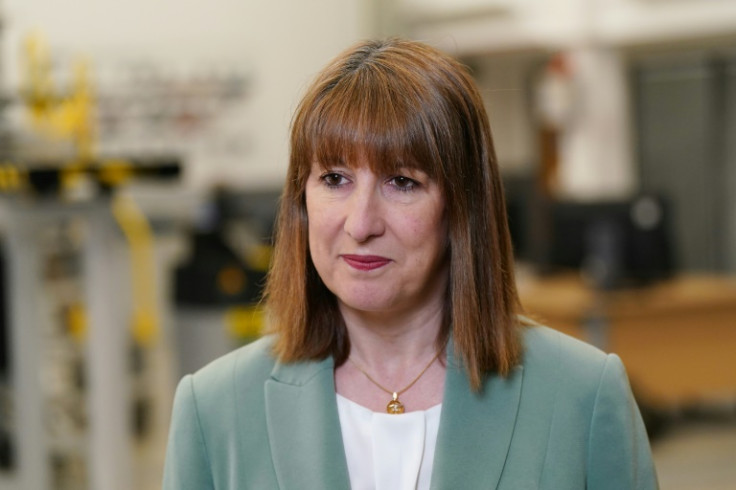Brits to Spend More This Christmas – But Falling Savings and Budget Fears Signal Tougher Times Ahead
UK consumer confidence rises amid growing financial anxiety

Britons could be spending more this Christmas, according to the latest Consumer Confidence Index. However, there is a disconnect: personal savings are falling, signalling potential financial strain.
GfK's consumer confidence index increased by 2 points month-on-month in October 2025, reaching -17. It is now four points higher than the same period last year. Despite the positive headline, the dip in the Personal Financial Situation indicator over the next 12 months—from +4 to +3—suggests a more cautious outlook, if not financial hardship.
The upcoming November Autumn Budget is crucial, as it will shape how households adjust their finances. Furthermore, Black Friday, the year's biggest sales event, falls on 28 November, just two days after the budget announcement.
Autumn Budget: Key Decisions Ahead
Much hinges on the details of the UK Autumn Budget 2025, which will be delivered, debated, and voted upon in Parliament. There are indications that Chancellor Rachel Reeves may focus on increasing taxes for the wealthy. A spending cut of around £20 billion could be necessary, in line with her 'non-negotiable' fiscal rules.
Meanwhile, data from the Office for National Statistics (ONS) shows that September's inflation rate remained steady at 3.8%, unchanged for three consecutive months. The annual inflation rate for food and non-alcoholic drinks decreased from 5.1% in August to 4.5% in September.
The Bank of England's Monetary Policy Committee (MPC) will meet on 6 November 2025 to review interest rates. Despite the slowdown in food price inflation, the MPC may hold off on cutting rates for now. Key considerations include the state of the economy, inflation, and the labour market.
Some economists forecast a rate cut in December. Sanjay Raja, chief UK economist at Deutsche Bank, said: 'With Chancellor Reeves laying the groundwork for lowering the cost of living in the upcoming budget, we continue to think that a December rate cut is very much in play.'
Rob Wood, chief UK economist at Pantheon Macroeconomics, shares this view. Conversely, Monica George Michail, associate economist at NIESR, believes a rate cut is more likely after February 2026, fearing that the Bank of England will avoid risking renewed inflationary pressures.
Inflationary Environment and Its Impact on Savings
During periods of inflation, household savings tend to decline. While the Consumer Price Index (CPI) remains steady at 3.8%, it is nearly double the Bank of England's 2% target. The persistent pressure of rising living costs makes it increasingly difficult for UK households to save.
The British Retail Consortium (BRC)-Opinium survey, conducted from 7-10 October 2025, showed that overall spending rose to +18 from +14 in the previous month. However, sentiment around personal finances declined sharply to -11—the first double-digit drop since May. This mirrors the concerns expressed in the GfK index.
BRC chief executive Helen Dickinson commented: 'Worries about the cost of Christmas, coupled with concerns about potential tax rises in the upcoming Budget, are likely to have contributed to the drop in sentiment around personal finances.'
Good News and Ongoing Challenges
The International Monetary Fund (IMF) projects that the UK will be the second-fastest-growing major economy this year. However, the UK also faces the highest inflation rate among G7 nations in 2025—and possibly 2026. Households should brace for a challenging period ahead, as price pressures continue to squeeze disposable income.
© Copyright IBTimes 2025. All rights reserved.





















